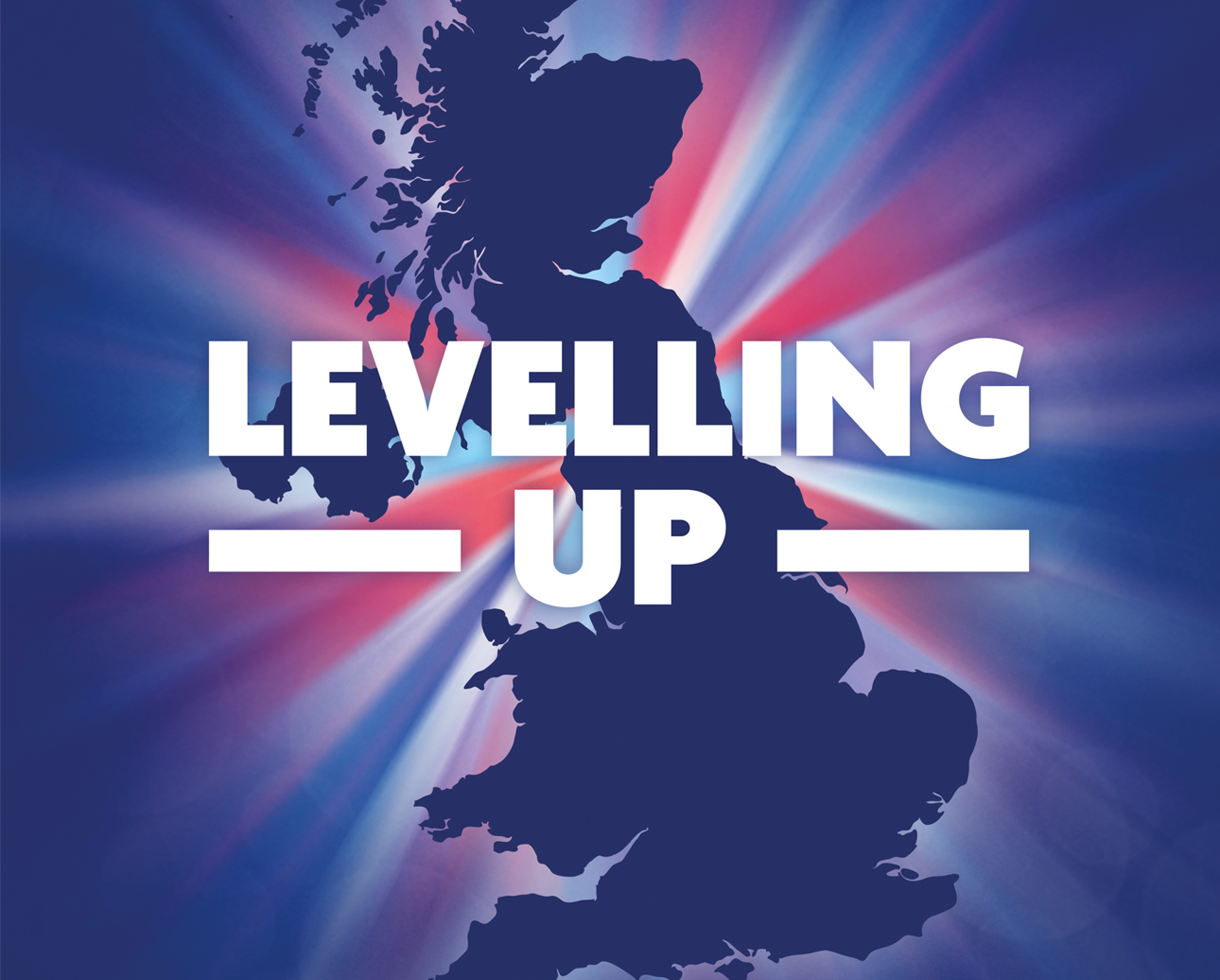After many months of waiting, the Levelling Up White Paper is finally here. It’s a monster at 332 pages, and it is not until page 159 that you actually get to the ‘policy programme’. There is a lot of theory and evidence base, but is there any real depth to the detail?
We set out our five key takeaways from the Levelling Up White Paper:
What is levelling-up?
The biggest criticism of Levelling Up has been the lack of clarity on what it actually means. It has largely been seen as a nebulous concept without any real understanding of what it includes. However, the White Paper confirms that the Levelling Up concept is very broad, but it does at least give a clearer understanding of their thinking through the 12 missions.
It’s a wide-ranging document, including measures on housing and development, broadband and mobile internet, education, skills and training, healthy lifestyles, public transport, tackling crime and even grassroot football.
With multiple departments involved, it’ll be interesting to see who is in overall charge on these measures – and where the buck ultimately stops. Michael Gove’s role as Minister for Intergovernmental Relations as well as being the Secretary of State for Levelling Up could mean he has more steer over the direction of multiple government departments than any politician in recent political history, and while the details are still being worked out it confirms that he is at the heart of Government decision making.
There are actual targets
Notably, the Government has set out targets against which it can be judged – something that previous government strategies have been criticised for not including. Some provide enough leeway to be open to interpretation (e.g. the public’s pride in place) but others will be easy to judge against, such as education attainment and life expectancy, with deliverables that will be the focus of future election strategies.
These targets have been well-received and are quite sensible, with some comparison to Gordon Brown’s approach to regional inequalities and Public Service Agreement targets. Helpfully too the 2030 target date falls outside the General Election cycle, giving government extra time to meet them.
No new funding
It is clear that there is very little new funding to back the White Paper, instead previously announced funds will be redirected or redistributed to support the missions. Most expected this, given the difficult economic times in which we live, but Michael Gove has indicated that future Spending Reviews could provide additional funding to support these measures.
Levelling up will, instead, be achieved by ‘rewiring’ the system. Homes England will be refocussed to look at regional growth and development, a new local government body will be established to monitor how local performance and policies are being implemented, more devolution is being offered to hand responsibility for much of this to existing and new Metro Mayors, and more civil servants will be moved to the regions. The White Paper gives eight years to achieve these ambitions – these new systems will need to be in place very quickly to get the job done.
Cross-party working
The pandemic and the impact of it has exposed some of the issues with there being a national government run by one party and major city Mayoralties being held by another – London being the prime example. It is very hard to argue that much of the Government’s stance on ‘bailing out’ Transport for London during the pandemic was anything but political ahead of the London Mayoral elections.
The White Paper could give significant new powers to Labour Metro Mayors – in particular Andy Burnham – as they look to offer “a ‘London-style’ devolution settlement to every part of England”, including on public transport systems. Manchester and West Midlands will be the pilots for these, but it is noticeable that the Government could soon be handing out extra powers to Mayors who are not Conservative – eight of the current ten Metro Mayors are Labour.
The politics of this is clever. On the one hand, the Government allows more local decisions and more people driving change; on the other if one of the regions does not hit the targets set, the Government will have somewhere to pass the blame now that Metro Mayors will have deliverables to be held accountable for.
A vision, not a plan
As is often the case, the devil will be in the detail – this is not a comprehensive plan to level up the UK, it is a statement of intent. While some policies are set out in full, the planning reforms, which will be fundamental to achieving levelling up, will be confirmed “in due course” – we know, that there is a Planning Reform policy paper coming after the local elections.
It is unlikely that we will see the full extent of the specific policies that will achieve these missions until the significant amount of engagement and informal consultation that is being planned has been completed. This includes setting up local panels, and “a structured process” of ministerial visits to discuss how levelling up can be achieved in different areas.
That there is more than 100 pages setting out the scale of economic disparity, and even a look at economic growth theory that reads more like a dissertation than a government policy paper, gives the impression that the idea is to make it clear that the scale of the challenge is so vast it will take time to actually work out what to do to solve it. It remains to be seen whether this rhetoric can ever be achieved through action.
Join our webinar:
What does Levelling Up mean for decision-making on new development and infrastructure?
In our upcoming webinar, expert panellists will be discussing the potential implications, and inviting questions from attendees.
Our panel speakers include:
- Andy Street, Mayor of West Midlands
- Lord Bob Kerslake, Former Head of the Civil Service
- Jan Bessell, Board Chair of the National Infrastructure Planning Association
- Steve Norris (Chair), Advisor to BECG




